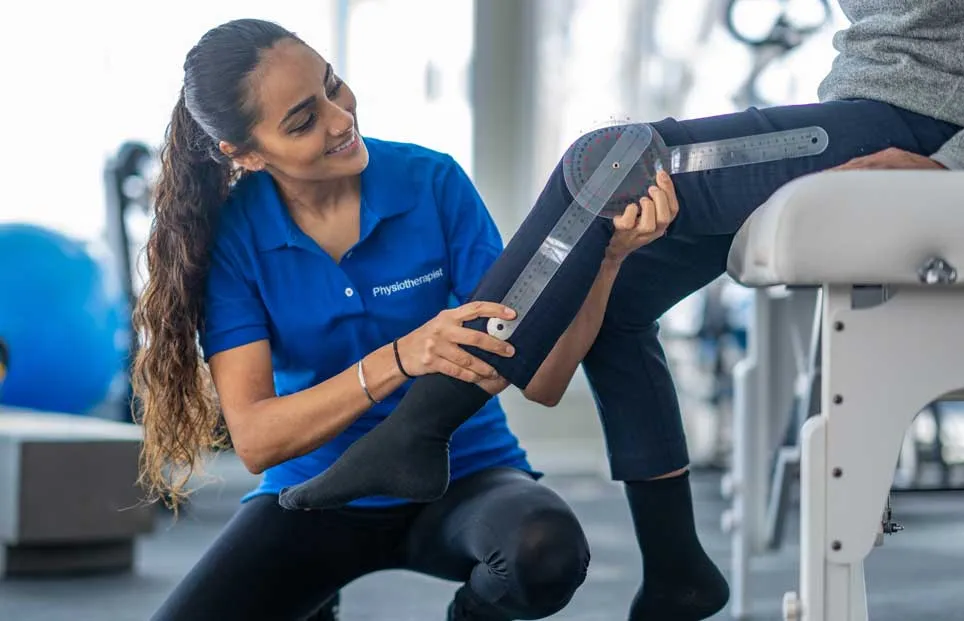The Crucial Effect of Strength Training on Improving Recovery and Effectiveness in Sports Rehabilitation
The Crucial Effect of Strength Training on Improving Recovery and Effectiveness in Sports Rehabilitation
Blog Article
Resistance training holds a vital role in sports recovery, assisting athletes heal from traumas and improve their overall capabilities. When an individual gets injured, their body needs period to heal. However, during this recovery phase, it is crucial to preserve strength and flexibility to avoid further injuries. Strength conditioning can be customized to fit the needs of each athlete, focusing on particular muscle groups that may have been affected by the trauma. This focused approach not only aids in rehabilitation but also readies the athlete to come back to their activity more robust than before.
One of the main advantages of resistance conditioning in rehabilitation is its ability to enhance muscular strength and stamina. When muscles are stronger, they can better stabilize articulations and minimize the risk of recurrence of injury. For example, an individual recovering from a knee trauma can benefit from workouts that strengthen the thigh muscles and hamstrings. These muscular tissues play a vital part in stabilizing the leg joint. By including strength training into their recovery program, individuals can regain their power more effectively and safely.
In furthermore to building power, strength conditioning also improves mobility and scope of motion. Many traumas can result to stiffness in the injured region, causing it difficult for individuals to move easily. Resistance training workouts often involve extending and lengthening the muscles, which can assist restore mobility. For example, incorporating resistance straps or weights into flexibility programs can enhance the effectiveness of these exercises. As flexibility enhances, athletes can execute movements more efficiently, which is crucial for optimal performance in their activity.
Another important aspect of strength training in sports rehabilitation is its beneficial effect on psychological well-being. Recovering from an injury can be a challenging and exasperating process for athletes. Engaging in resistance training can offer a feeling of accomplishment and boost self-esteem. As individuals see gains in their strength and capabilities, they may experience more driven to continue their rehabilitation journey. This psychological uplift can be just as important as the physical advantages, as a optimistic attitude can lead to better results in rehabilitation.
Finally, resistance training can assist athletes move back to their activity more smoothly. Once they have recovered their power and mobility, athletes need to rehearse look at more info activity-specific movements to ensure they are prepared for contests. Strength training can be combined with sport-specific exercises to create a comprehensive recovery plan. This combination allows athletes to not only heal but also enhance their performance. By concentrating on both rehabilitation and performance, strength conditioning becomes an essential tool in the recovery process, assisting individuals return to their sport more robust and more durable.